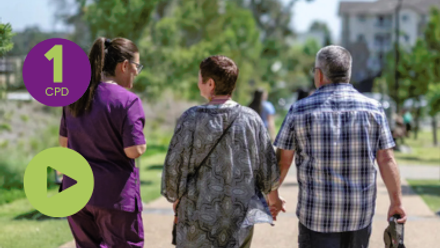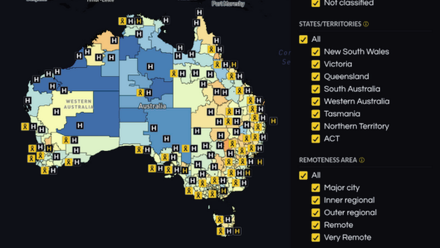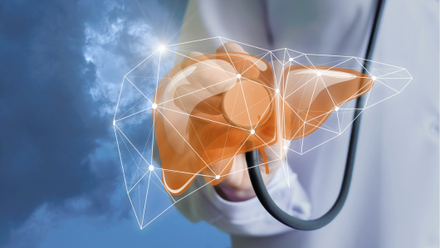Designed for early-career cancer nurses, this session will help you build foundational knowledge of how immunotherapy works, the nurse's role, and how to recognise and respond to immune-related adverse events.
In this session, you’ll:
-
Understand the mechanisms and role of immunotherapy in cancer treatment
-
Differentiate immunotherapy from chemotherapy, radiotherapy, and targeted therapies
-
Learn about key immunotherapy types:
-
Checkpoint inhibitors
-
Cytokines / immunomodulators
-
CAR-T cell therapy
-
Monoclonal antibodies
-
Cancer vaccines
-
-
Recognise commonly used immunotherapy drugs and their clinical indications
-
Identify immune-related adverse events (irAEs), including:
-
Commonly affected organ systems
-
Late-onset irAEs
-
Strategies for early recognition and management
-
-
Explore the nursing role in immunotherapy, including key assessments, patient education, and escalation of care
-
Apply learning through a clinical case study
-
Access practical resources to support patient care
Whether you’re new to immunotherapy or looking to solidify your understanding, this session will help build your confidence and clinical knowledge.






